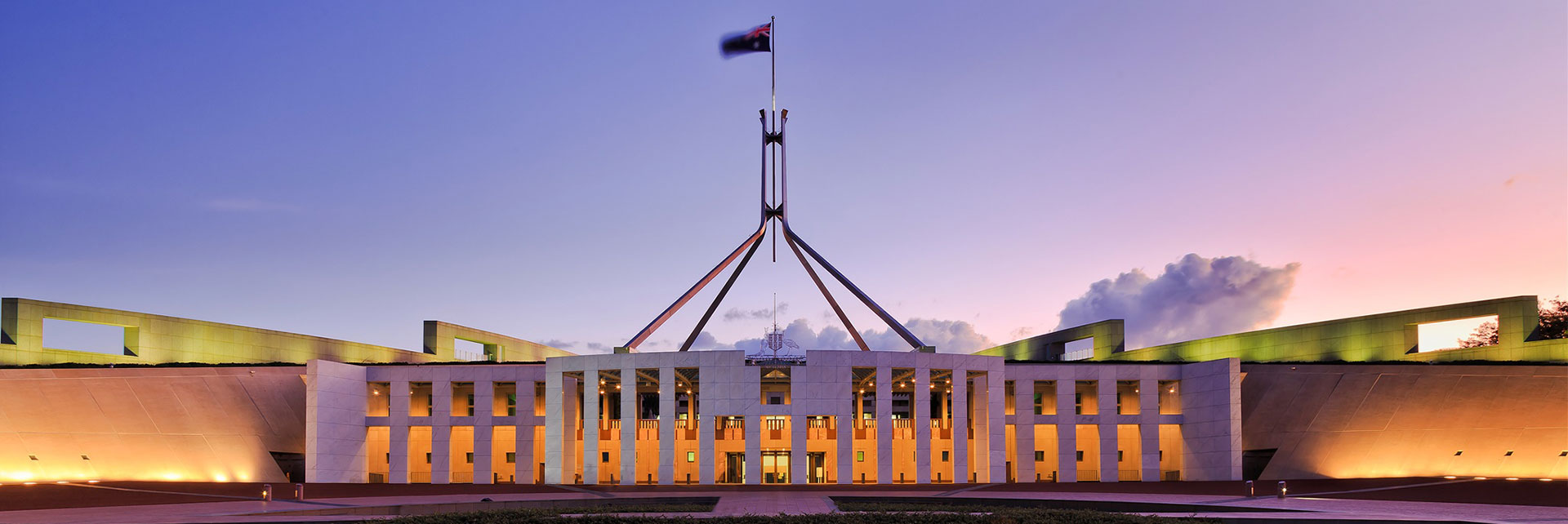 Western observers are often frustrated by the distinctly Russian and Chinese practice of declaring that something is false when it is known to be true and vice versa. But the concept of “truth” is not universally shared. This difference is increasingly becoming a point of friction between the eastern and western hemispheres, especially in tense times.
Western observers are often frustrated by the distinctly Russian and Chinese practice of declaring that something is false when it is known to be true and vice versa. But the concept of “truth” is not universally shared. This difference is increasingly becoming a point of friction between the eastern and western hemispheres, especially in tense times.
Western concepts of truth centre on the notion that something did happen or it did not. Either it is a fact or it is not. Therefore, either it is the truth or it is not. Accompanying that is the notion of something being essentially true by its own nature. The emphasis here is on the use of the words “Western concepts”, because in China and Russia, especially today, the concept of truth is different. Against the backdrop of the Ukraine war and the worsening situation around Taiwan, the “truth” is becoming an information battlefield.
Russian and Western Truth
Who is winning the Ukraine war seems to be a matter of opinion. Russia says its military action is proceeding to plan, but the US says Ukraine is holding out with western support.
Most Russians get their news from state-controlled media, which by western standards cannot be trusted with the facts, never mind the truth. Inevitably this is a major factor in shaping contemporary Russian attitudes to their country’s invasion of Ukraine, which is generally supported, despite some well-contained dissents. In contrast, we want to assume that western media can generally be relied on for a free and independent inquiry. However, many people have a very jaundice view of the media in Australia for example, with some slamming the ABC for being hopelessly left-wing while others condemn commercial media for propagating the conservative Murdoch agenda. It depends on one’s point of view and whether a particular media outlet’s depiction of events tallies with one’s own attitudes and values.
In reality, as Chinese military strategist Sun Tzu said, “all warfare is based on deception”. Both Moscow and Washington are engaged in psychological warfare, which is key to winning the overall war in Ukraine.
Both sides are propagating their own version of the facts, while censoring counterclaims, as each seeks to maintain an appearance of progress to justify the cost and loss.
While Russian media is forced to recite the official line, Western media has a choice but chooses to favour NATO and Pentagon briefs and report them almost unconditionally. According to Marwan Bishara (2022), former professor of International Relations at the American University of Paris, there are statements being carried in mainstream media from the Pentagon (sometimes unattributed) declaring that “Russia has committed nearly 85 percent of its military to the war in Ukraine” and “has removed military coverage from other areas on their border and around the world”; Russia “still has not figured out how to use combined arms effectively”; Russia is “taking hundreds of casualties a day”. What are their sources? Can they be demonstrated? These statements appear to go to print and to air on the assumption that they must be true.
“Now I have no clue if any of this or other such claims are true, and nor I suspect do the officials propagating it or the journalists spreading it,” said Bishara. “But it is out there, shaping the opinions of the public, the elites and the experts, most of who believe Ukraine is able to pull off some sort of an upset if not an outright victory against its largely more powerful neighbour. But the Western and especially Anglo-American media seems to suffer from short, or should I say selective memory when it takes the official line at face value, as if the official deception during yesterday’s wars in Afghanistan, Iraq or Vietnam, has no bearing on covering today’s war in Ukraine”.
An article in the Washington Post, (Whitlock, 2019) revealed that senior US officials failed to tell the truth about the war in Afghanistan, making good-news announcements that they knew to be false and hiding unmistakable evidence that the war had become unwinnable.
Official deception was even worse during the Cold War. For example, the “Pentagon Papers” fifty ago revealed that the US government concealed terrible losses in the Vietnam war, which led to some 55,000 American and more than a million Vietnamese deaths.
So when it comes to war at least, governments can and do deliberately deceive in order to confound their enemies and, into the bargain, mislead their own populations, either deliberately or incidentally.
Social media only compounds the fog of war. It is a pain-amplifier of misinformation and disinformation carried out by state actors, aided and abetted by the radical free-wheeling maelstrom of opinions and/or ravings from anyone and everyone, including disgraced former US Presidents, those peddling an agenda or cause and those employed by powerful countries to deliberately spread FUD (Fear-Uncertainty-Doubt). It is a breeding ground of falsehood, confusion and manipulation.
Chinese Truth
Ever since Chad Hansen (1985) argued that (pre-Buddhist) “Chinese philosophy has no concept of truth,” the role and nature of truth in ancient Chinese philosophy has been a hotly debate topic. Much of this debate is plagued, however, by a confusion of terms, concepts, and theories of truth. The phrase “Seek Truth from Facts” was introduced to the People’s Republic of China as a hallmark slogan of Mao Zedong and the Chinese Communist Party (CCP). The CCP’s historical narrative is a critical component of its domestic and foreign policies, as it aims to legitimize its own power and supremacy. The slogan has been used throughout the People’s Republic of China’ history, and served as a political tool in Deng Xiaoping’s 1978 speech, which allowed the Party to enact much needed reforms while maintaining its authority. The Chinese Communist Party thus pushes its narrative of history to shape and define the discourse on the Party, rule of law and foreign policy.
“Seek Truth from Facts,” has resulted in the revision of history, human dignity, and the pursuit of “adherence to the Party.” Revisionism of history such as the Sino-Japanese War, the Great Famine under Mao, China’s conquest of Tibet, the Tiananmen Square Massacre and contemporary narrative of today’s events such as the fate of Chinese Muslims (the Uyghurs), pro-Democracy demonstrations in Hong Kong, the fate of Taiwan and the presence of artificially-created islands in the South China Sea in support of China’s territorial claims – all of these are informed by the apparent license to rewrite history or portray facts in a way that fit a national agenda.
If it is the case that in certain countries, leaders assume that military objectives or foreign policy goals or a domestic political agenda provide moral loopholes through which the truth can conveniently slip, where does it leave us now? Some people will be unsure which sources can be trusted and which are to be suspected. Some might question the legitimacy of leaders – all political leaders – and doubt their motives. Many will lose confidence in the media (if they have not already) and turn to social media, which is the domain of unrestricted fake news, the unofficial, unattributed and uncorroborated.
And what of truth? It might have always been the case that we choose to believe what we want to believe. But in the cacophony of opinions, versions of the truth and the relentless drone of social media that flood our world today, the truth, irrespective of how we define it, is, as the saying goes, the first casualty of war.
Even worse, it has been upgraded, modernised and digitised into an insidious 21st Century psychological weapon of war.
References:
Bishara, “Western media and the war on truth in Ukraine”, Al Jazeera 2022
Whitlock, “At War With The Truth”, Washington Post (2019)
Hansen, “Chinese Language, Chinese Philosophy, and ‘Truth’,” Journal of Asian Studies 44, 3 (1985)
Yen & Burton, “Seek Truth from Facts: The Chinese Communist Party’s War on History”, Project 2049 Institute, (2016)





